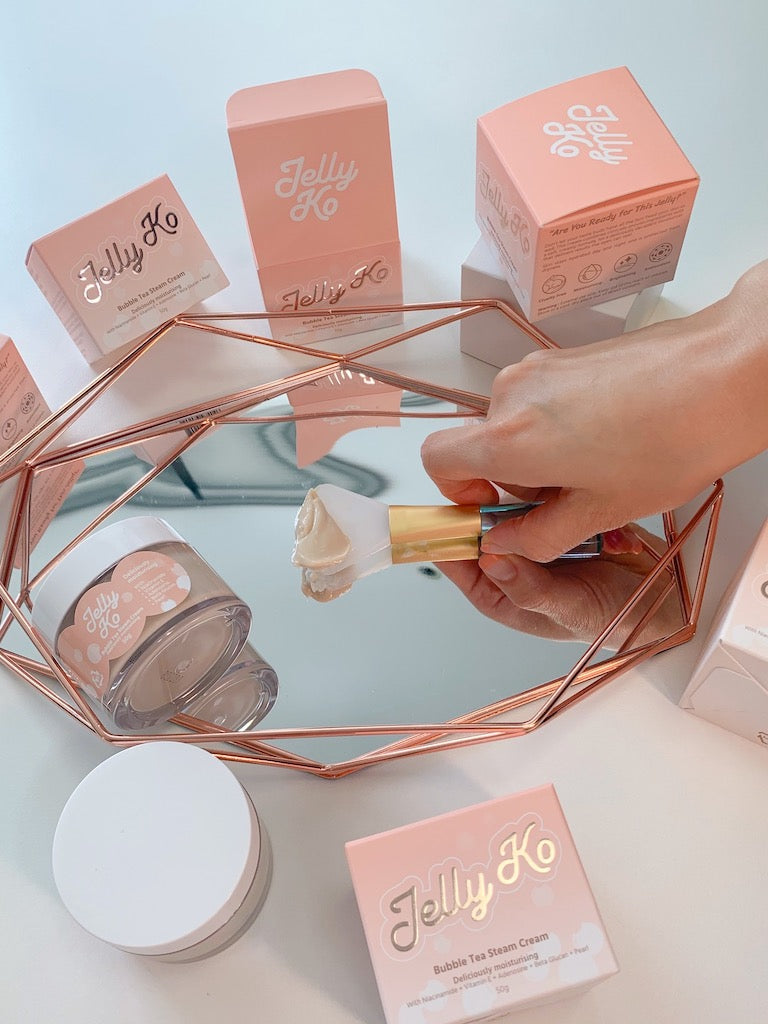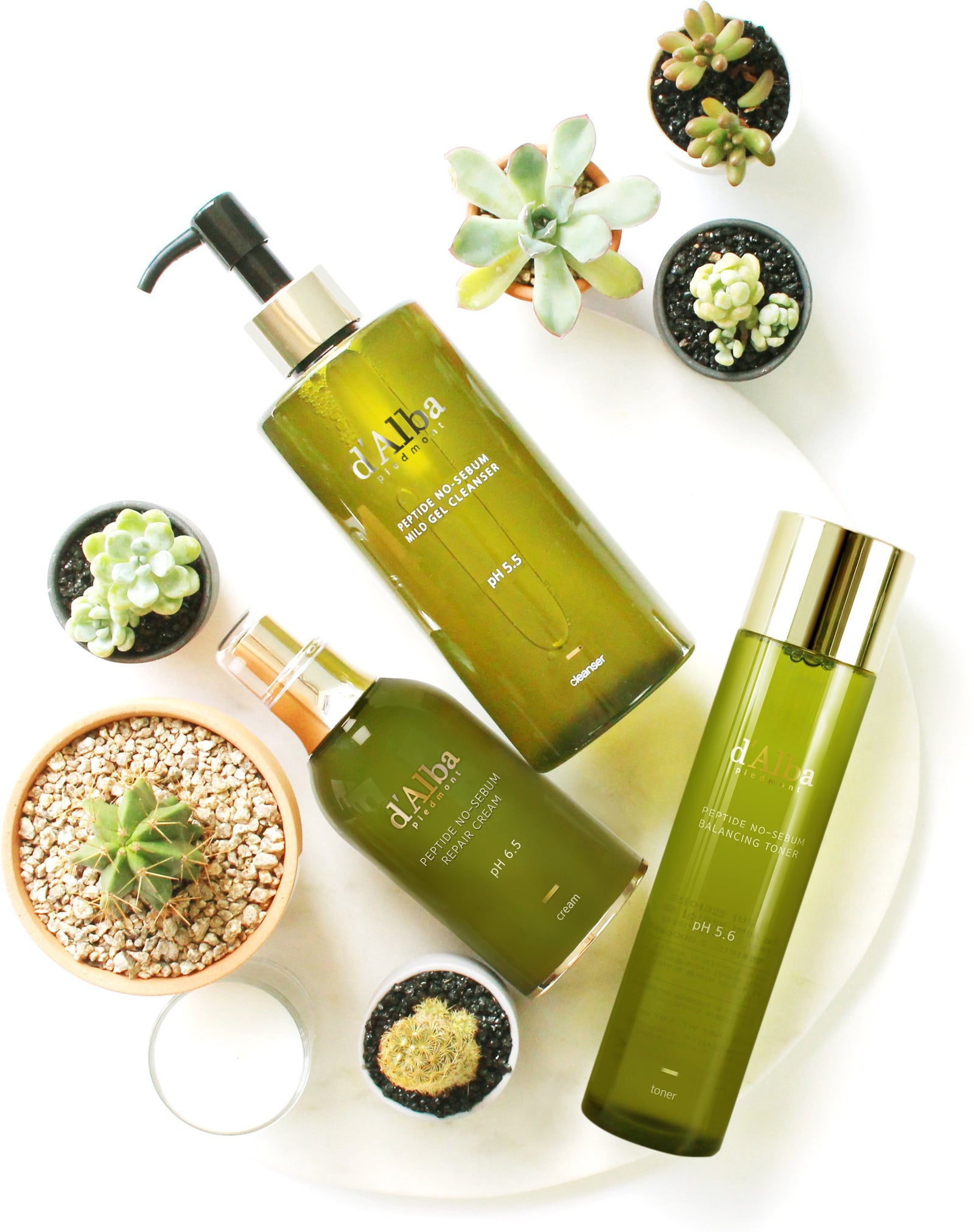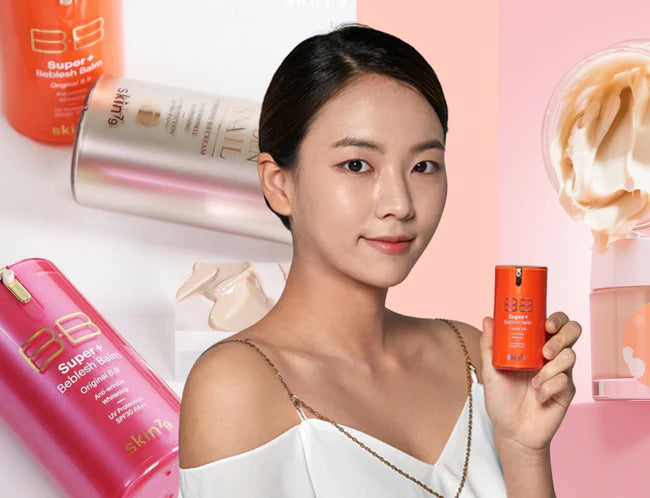The Korean Beauty Show 🎧 Your K-Beauty audio library starts here →
Menu
Top Trends from the Cosmobeauty Expo, Seoul 2021
July 20, 2021

Top Trends from the Cosmobeauty Expo, Seoul 2021 Episode 63
Episode Title: Top Trends from the Cosmobeauty Expo, Seoul 2021 Ep-63
Episode Description:
While walking the streets of Seoul is a great way to find out what’s trending in K-Beauty there’s another fun way to find out and that is to attend one of the K-Beauty Expos held in Korea. This year, I checked out the Cosmobeauty Expo held at COEX in Gangnam to see what’s hot in K-Beauty in 2021.
CONNECT WITH ME
Instagram: www.instagram.com/lauren.kbeauty
Facebook: www.facebook.com/stylestory.au
Website: www.thekoreanbeautyshow.com
Pinterest: https://www.pinterest.com.au/stylestoryau
Tik Tok: https://vt.tiktok.com/ZSaHUgHL/
Download Your Free Guide to K-Beauty:
Episode Summary:
The Cosmobeauty Expo was held at COEX in Seoul over July 2-4.
The main trends coming through at this year’s expo were:
- Hemp Seed Oil
- Yuja / Yuzu
- Kombucha
- Peptides
- Cell-based skincare
- Sun patches
- Vegan skincare
- Badger oil
- Pink colour cosmetics
Several of these are new; others are a continuation of trends I’ve seen in previous years.
The market for vegan, plant-based and cruelty free products is definitely picking up, as are the options for sustainable packaging. Bamboo in particular seems to be a popular choice.

Top Trends from the Cosmobeauty Expo, Seoul 2021 - HEMP SEED OIL
Korea’s Narcotics Control Act was amended in November 2018, making the use of medical cannabis legal. The law currently allows the importation of CBD materials as long as they do not contain THC.
Unlike in the US, CBD materials and hemp-related products have not made a big impact in Korea, so it will be interesting to see if the crop of new brands selling hemp seed products will make waves. Last year Kolmar announced its intention to start apply CBD to cosmetics manufacturing companies in Korea.
YUJA
Yuja remains on the up-and-up in K-beauty. It is known to help soothe and soften dry, irritated skin. It’s a great substitute for some of the less stable forms of Vitamin C.
Because it is naturally packed full of natural Vitamin C, it is perfect for those suffering from dull skin, post-acne marks and dark spots. It contains 3 times more Vitamin C than lemons. A good antioxidant to fight against free radicals, which are a cause of premature aging.
KOMBUCHA
Kombucha usually contains the probiotic lactobacillus, which can help calm irritated skin. Interestingly, the range I saw it in was using the kombucha as an exfoliator. Kombucha does have a lactic acid bacteria, which is probably the basis for this claim. This can help to lightly exfoliate, brighten the skin and improve the look of fine lines and spots.
In general, probiotics in skin care work with the skin to promote good bacteria and balance the microbiome.
It is usually used in barrier repair and strengthening formulations to protect skin from environmental stressors.
PEPTIDES
Peptides in Kbeauty aren’t new, but it seems they are still very popular. They’re naturally occurring in the body and are what keeps our skin looking firm and full of elasticity. Peptides also send biological signals to the rest of our body to encourage the production of more collagen if needed (eg. if you’re healing from physical injuries).
With regular use, external peptides can help to smooth the appearance of wrinkles, boost firmness, rehydrate your skin and minimise discolouration.
If you’re keen to try them, I’d recommend d’Alba Peptide No Sebum Repair Cream and APLB’s EGF Essence.
CELL SKINCARE
The Korean beauty industry has spent a lot of time and money researching functional cosmetics containing stem cells, including human stem cells. One study from the Korean National Institute for Bioethics Policy found that research participants showed “significant differences” among the moisture levels on the U-zone, in melanin, cheek redness, the overall size and depth of eye wrinkles and skin roughness when using stem cells.
The products at the expo contained nucleic acid from Alaskan Salmon, which promotes cell growth and reproduces damaged skin by biosynthesizing collagen in dermal tissue.
These kinds of claims fall solidly into the area of functional cosmetics, which are the kinds of things regulated by the FDA and TGA. You’ll be unlikely to see them on store shelves.

SUN PATCHES
Perfect for people who spend a lot of time outdoors doing sports, like golf, riding etc. Not only do they block both UVA and UVB rays, they also contain ingredients to treat and improve the skin as well. Different brands have different ingredients, but some have things like Kakadu plum in them for brightening as well. They seem to be mostly made of hydrogel. Some mention that they are good for people who sweat a lot as well.
The patches themselves also come in different shades, to match the typical Korean BB Cream shades 21, 22 and 23.
VEGAN SKINCARE
We previously spoke about vegan skincare in Episode 44. Many brands at this year’s Expo were claiming vegan certifications, in addition to cruelty-free certifications.
Vegan products of course exclude animal based ingredients or derivatives, such as egg, milk, snail extract, bee by-products, pearl, lanolin and other animal oils.
One trending vegan brands you might like to try out is One Thing.
BADGER OIL
Badger oil has a very long history in Korea, where it was mentioned in the Dong Oui Bo Gam (Principles and Practice of Eastern Medicine). It was also a folk remedy, famed for relieving dryness thanks to its moisturising properties.
Because it has a large amount of unsaturated fatty acids (approx 70-80%) it can control oil secretions, improve circulation and assist in skin generation.
It’s similar to other rendered fats from animals like emu and crocodile oil.
You’ll also find it in the popular Tosowoong Enzyme Powder Wash.
PINK COLOUR COSMETICS
Very few colour cosmetics in general, which is in line with the push away from makeup thanks to COVID-19.
The few brands that were exhibiting had pink palettes with glitters and muted hues.
STYLE STORY - Your Go-To for K-Beauty
Shop Now
"The market for vegan, plant-based and cruelty free products is definitely picking up, as are the options for sustainable packaging. Bamboo in particular seems to be a popular choice."
- Lauren Lee, Host of the Korean Beauty Show podcast



Leave a comment
Comments will be approved before showing up.